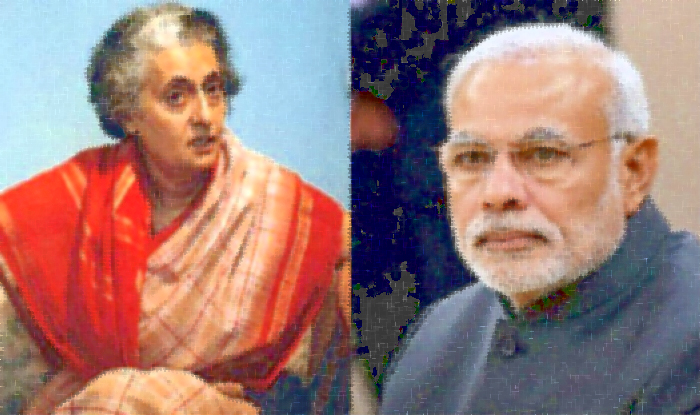50 years of bane called bank nationalization
Ravi Shanker Kapoor | July 20, 2019 2:37 pm

Half a century ago, a day before Neil Armstrong’s “one giant leap for mankind,” Indira Gandhi made a giant stride—to subdue the world’s largest democracy, to bring the people of India under the permanent thralldom of a self-serving, sanctimonious political class. By nationalizing banks, she gifted enormous economic powers to her own government—the powers that every government since then has been loath to give up. The gift, needless to say, was not just the expense of the supposedly heartless bankers and ruthless capitalists; it was at the expense of millions of Indians whose tax money, lakhs of crores, has been used to keep public sector banks (PSBs) alive.
In the Reserve Bank of India’s estimation, it was a momentous decision: “By any measure, this was the defining economic event of not just the 1960s, but the next three decades. Its reverberations have still not died down. It remains, without doubt, the single most important economic decision taken by any government since 1947. Not even the reforms of 1991 are comparable in their consequences—political, social and, of course, economic.”
The central bank is being bland; actually it was the single most despicable and deleterious economic decision taken by any government since 1947. Despicable because a most immoral class was economically empowered in an unprecedented manner. And deleterious because it has drained the exchequer and strained the economy to such an extent that India, despite its pluses, can tap only a small fraction of its potential.
Bank nationalization, the grotesque child of an unholy political and ideological dalliance, proved to be the mother of myriad scams.
While the decision to nationalize banks was taken in 1969, demands were made earlier too. Way back in 1948, the All India Congress Committee favored the nationalization of banks and insurance companies.
Then there was incessant chatter about the ‘social control’ of banks. In fact, the idea of social control was never morally and philosophically contested. For instance, Pai Panandikar, an advisor to the finance ministry (under the supposedly pro-capitalism Morarji Desai) had suggested in a report that “if existing banking legislation was suitably amended, the objectives of social control… could be achieved.” In short, there was nothing morally wrong with social control.
The romance about nationalization is that businesses get run in the interests of the nation rather than that of fat cat capitalists. The reality is that it is not the nation but politicians and bureaucrats, who can scarcely be called the most upright specimens of mankind, that run public sector entities. In effect, the ‘nation’ boils down to P. Chidambaram, Arun Jaitley, Nirmala Sitharaman, Hasmukh Adhia, etc. Chidambaram is no paragon of virtue, nor do we expect much brilliance from others. To expect that netas and babus would run PSBs more efficiently and honestly than private individuals is like expecting a school-bunking, distracted child to top board examinations.
The Congress’ honeymoon with the Left under Indira Gandhi, which began in the late 1960s and was epitomized by bank nationalization, has proved to be a bane for economic policy. With the Narendra Modi government showing no desire to denationalize PSBs, the bane is likely to get perpetuated. Maybe for another half-a-century, maybe centuries. As an Urdu poet wrote, “Faisle lamhat ke naslon pe bhaari ho gaye…” (Decisions taken, for momentary gains, have proven to be a curse of the coming generations…).






























